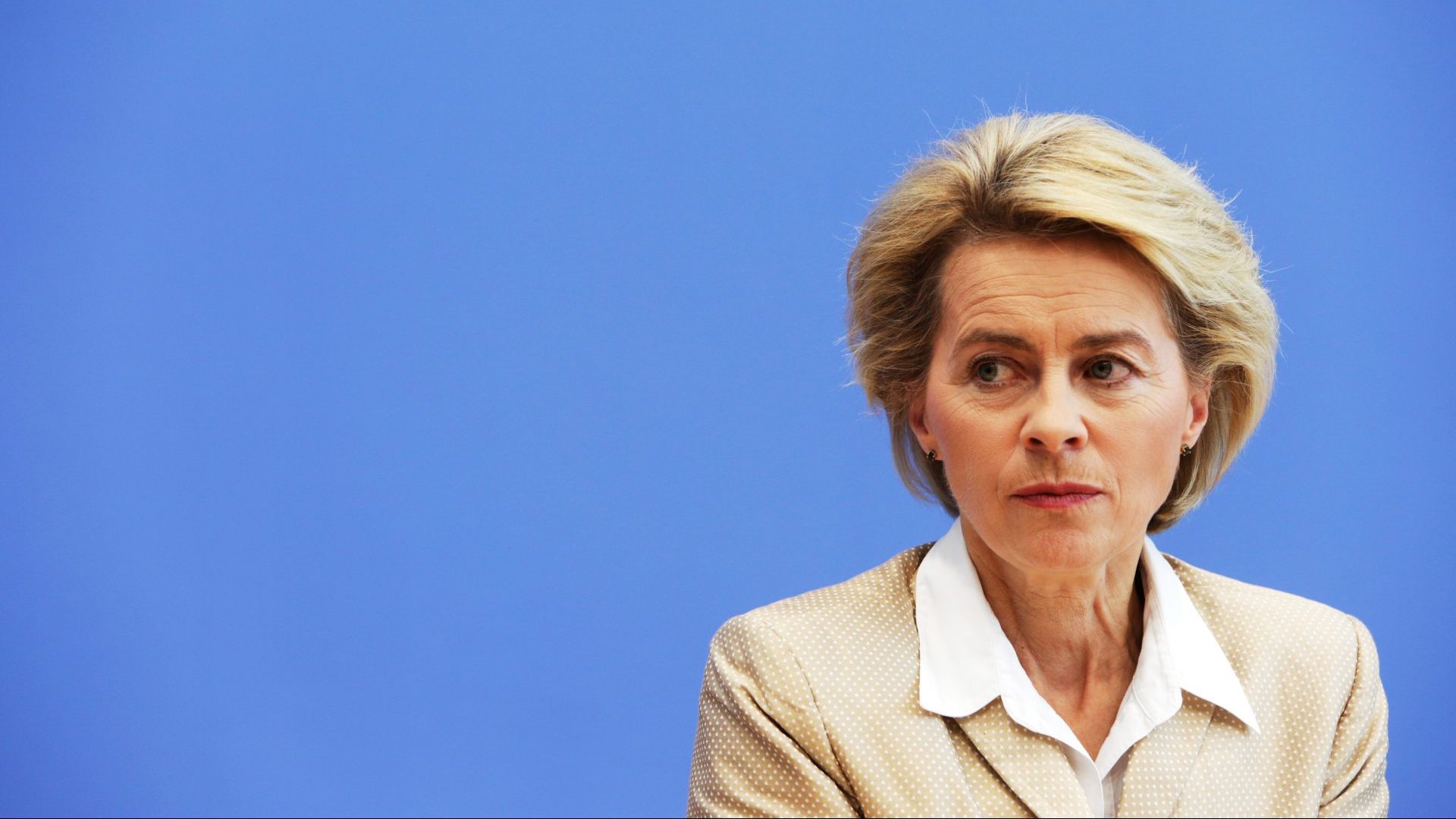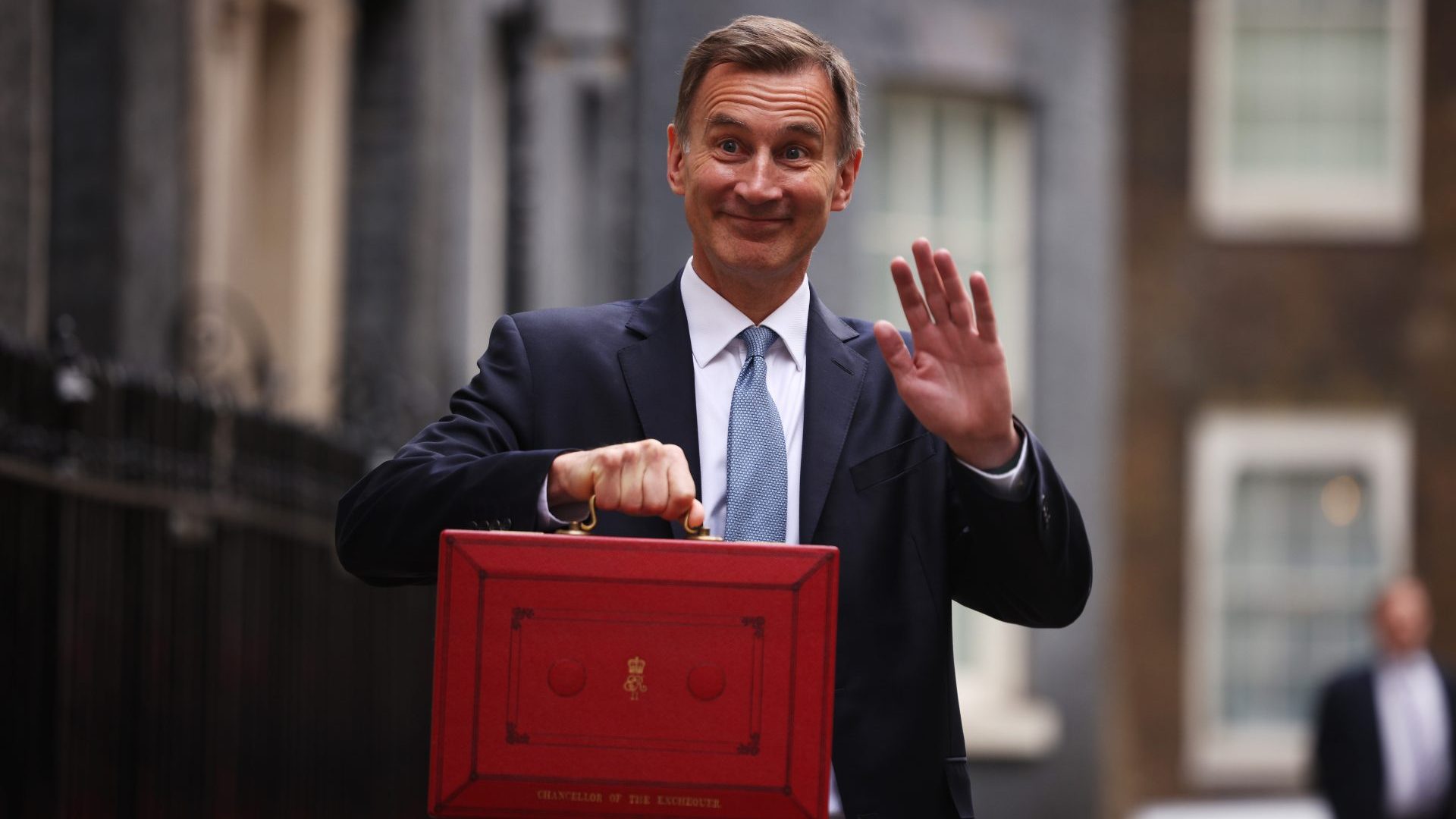Last week the European People’s Party (EPP) backed Ursula von der Leyen in her bid for five more years as president of the European Commission. Out of 800 delegates at the pan-European conservative group’s congress in Bucharest, 89 voted against her and 300 chose not to vote at all. But that might be the easy part.
Because, beneath the apparent harmony, mainstream European conservatism is under the same socio-political pressures as its American counterpart.
Farmers have been protesting, from Madrid to Brussels to the Poland-Ukraine border. Right wing populist parties look as if they will advance dramatically in June’s elections to the European Parliament. And Hungary’s Viktor Orbán has threatened to block von der Leyen’s candidacy in the European Council.
Von der Leyen, in response, is tacking rightwards, aiming to gather support from those among the far right who back Nato, Ukraine and remaining in the EU, while isolating the outright Russian proxies.
She has even voiced support for the EPP’s plan to implement a Rwanda-style solution to the refugee crisis, proposing to remove migrants to a “safe third country” so long as it is “in line with the core obligations of the Geneva refugee convention and the European convention on human rights”.
Von der Leyen 2.0, then, will be a much more conservative project, and that poses an acute challenge to the liberal, green, left nationalist and social democratic forces across Europe.
It’s hard to believe that, only five years ago, the commission president was the perpetually embarrassing Jean-Claude Juncker. Von Der Leyen has brought a new authority to the office, and a new dynamism, and her commission has made numerous correct decisions.
First, in dealing with Bidenomics – the commission chose to mirror America’s move towards the state direction and support of industries, such as steel, defence and semiconductors, rather than to cry foul, as Rishi Sunak has done.
Second, during the Covid-19 epidemic she led Europe-wide efforts to secure and roll out a vaccine.
Third, when Russia launched its full-scale invasion of Ukraine, von der Leyen led the line on sanctions and military support, and has maintained the initiative even as Orbán tried to block Europe’s latest €60bn (£51bn) tranche of military aid.
Now, however, even bigger decisions lie ahead: if Donald Trump wins in November’s US presidential elections, the EU will have no option but to pursue strategic autonomy – not just for the next four years, but on the assumption that the US could be an unreliable partner in maintaining the rules-based order for decades.
If, on the other hand, Joe Biden wins a second term, then the EU will need to take the gloves off with Russia. It will need to mobilise the continent’s financial and industrial resources to ensure a Ukrainian victory in 2025.
Either way, we are probably looking at the EU issuing a common debt instrument to finance rearmament, to the value of at least €100bn, and much greater coordination and state direction for the wider economy.
If Biden sees off Trump, then Emmanuel Macron’s suggestion that a western coalition could send troops to guard Ukraine’s currently peaceful border with Belarus, and the idea of a no-fly zone in western Ukraine, might both come on to the agenda. Any commission von der Leyen leads will have to step up and do what’s necessary for Ukraine to win.
However, there is another nightmare scenario to be considered: that in June the European far right in effect “wins” the European Parliament elections – despite being split between two or three parliamentary groups – and is then able to frustrate the election of a centrist candidate, whoever the European Council chooses.
In one variant of this scenario, von der Leyen moves so far to the right that she ends up with Giorgia Meloni’s Italian government as an ally, but not the European Social Democrats, a group that simply cannot sign up to an EU version of the Rwanda scheme.
I do not blame von der Leyen for wanting to salami-slice the populist right. Europe’s strategic challenge is Russian aggression, and the hybrid warfare Putin is using to sow division and hatred among Europeans. Pulling people like Meloni into a defensive bloc over Ukraine is clever politics in that situation, but it also risks a betrayal of Europe’s promise of social and climate justice.
The European project is fraying because growth is stagnant, and because real wages will be lower in 2024 than they were in 2019.
To effectively stem the flow of votes to racist, misogynist and anti-democratic parties, the European project has to deliver for working people. That means the parties of the centre and the left need to stop tinkering at the edges and propose major reforms, so that European states can act collectively to stimulate an investment-led recovery.
It is time to start addressing the fundamental problem.
The EU wrote neoliberal economics into the Lisbon Treaty, and neoliberal economics no longer work. The model is broken. And though fixable with a strategy that combines state direction, welfarism, net zero and military re-armament, that will mean wealth redistribution and higher debt.
What von der Leyen’s offer amounts to is a temporary fix. Square Meloni, isolate Orbán, hope that the French political centre can pull off yet another conjuring trick against the far left and far right in 2027, and dazzle racist voters with promises of deporting refugees. It can work if you deliver growth, clean energy and rising wages. If you can’t, it won’t.




